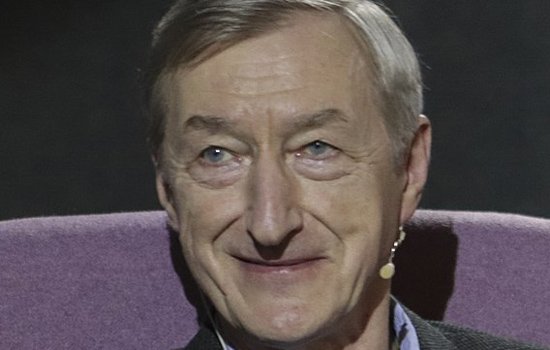Reading time: About 1 minute
I like to share similes and metaphors I encounter in my reading. I write today about the figurative language of Julian Barnes….
I read Julian Barnes’ latest novel, The Only Story, earlier this year. While I enjoyed the beginning, I can’t say the book was up to his usual high standards. Still, I took notes, and I realized even Barnes’ figurative language is of a higher calibre than most other writers.
His metaphors have a sharp edge to them, and a sophistication that rises above the characters and situations he writes about. Take these examples from Story:
- The second [tennis] match was harder, against a couple who kept breaking off to have quiet tactical conversations, as if preparing for marriage.
- My father was milder, and less given to judgement. He preferred to allow things to blow over, to let sleeping dogs lie, not to stir up mud; whereas my mother preferred facing facts and not brushing things under the carpet.
- The truth was that nobody ever arrived without invitation, and all that tidying and wiping was performed out of what struck me as deep social atavism.
In the first example, I particularly enjoyed his comparison of a conversation about how to win a tennis match to a conversation about getting married. (Game point, anyone?) And in the second example, I admired the way he could pile cliche upon cliche and produce a sentence that was so much greater than the sum of its parts.
An earlier version of this post first appeared on my blog on Sept. 20/18.
[Photo credit: By Louis Tarpin. Cropped. Licensed under the Creative Commons Attribution-Share Alike 4.0 International license.]


